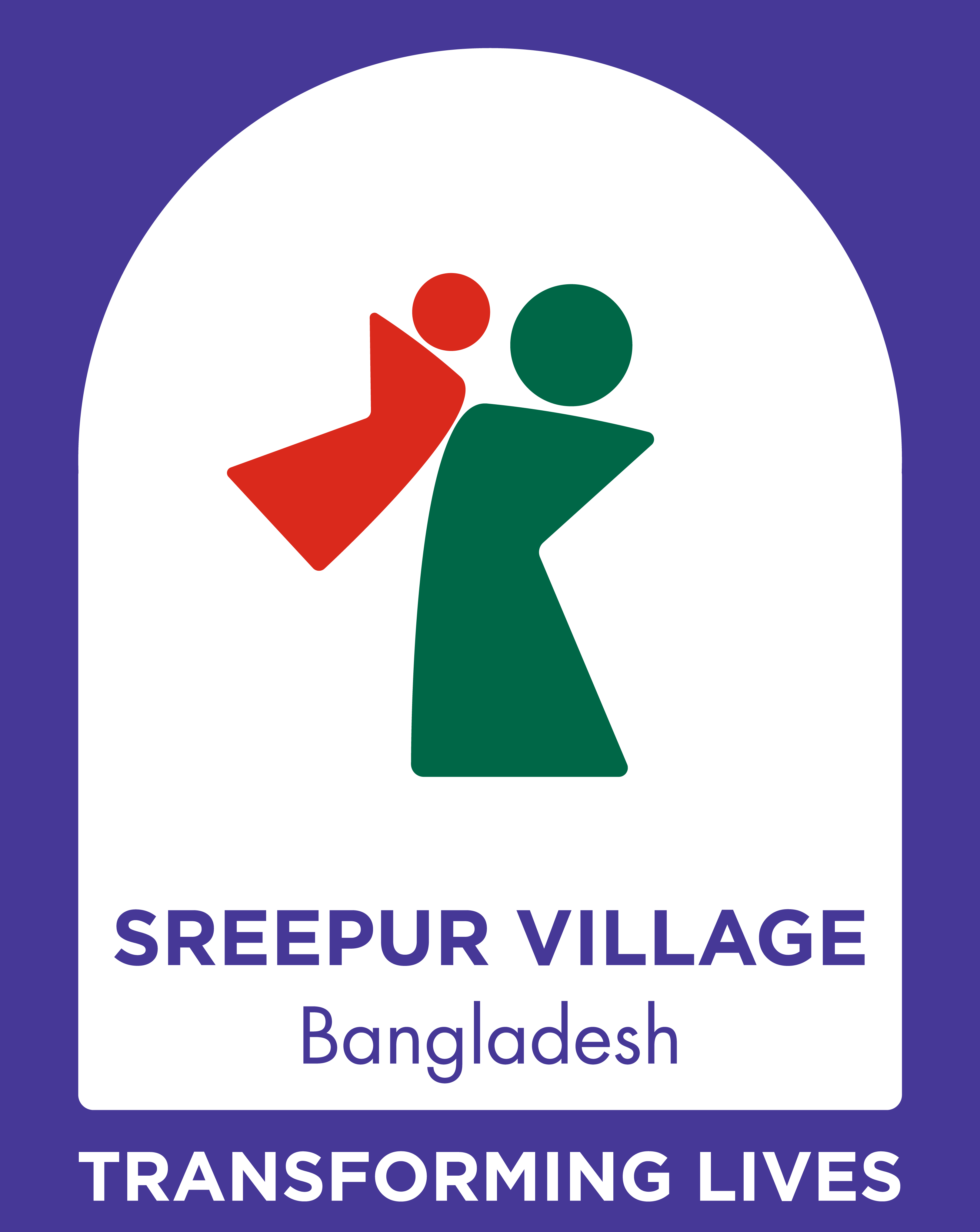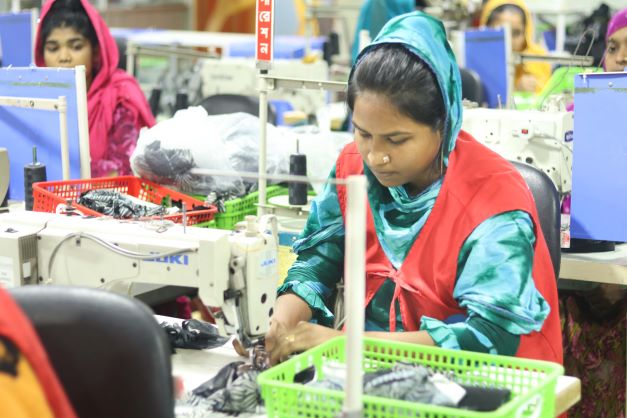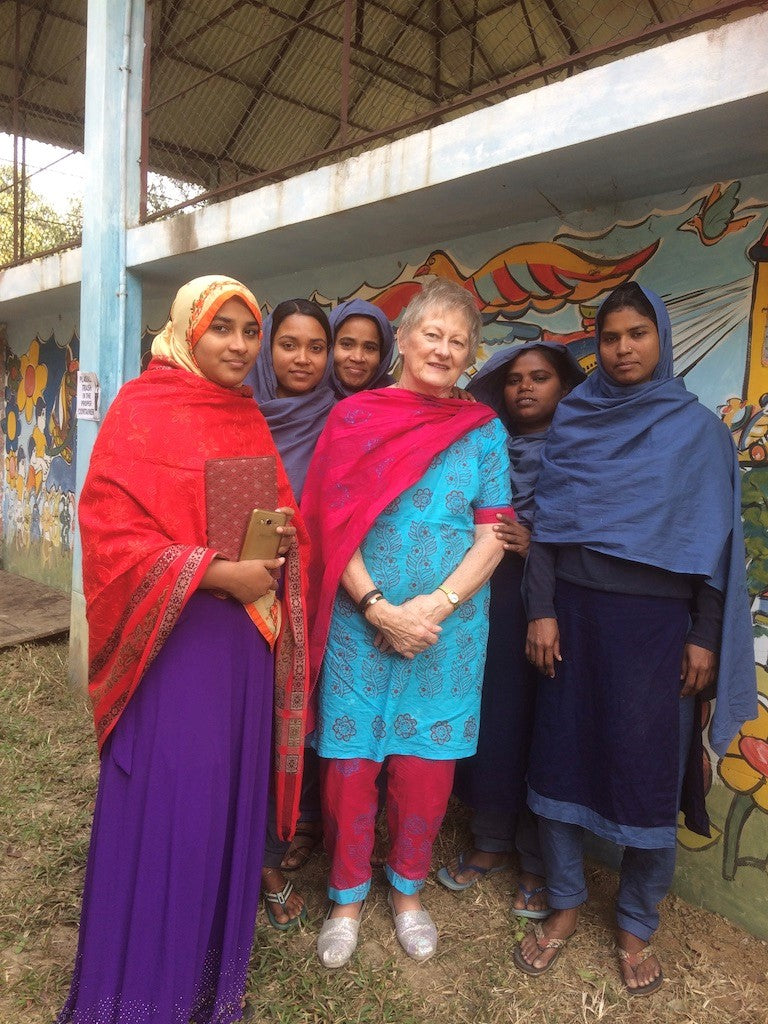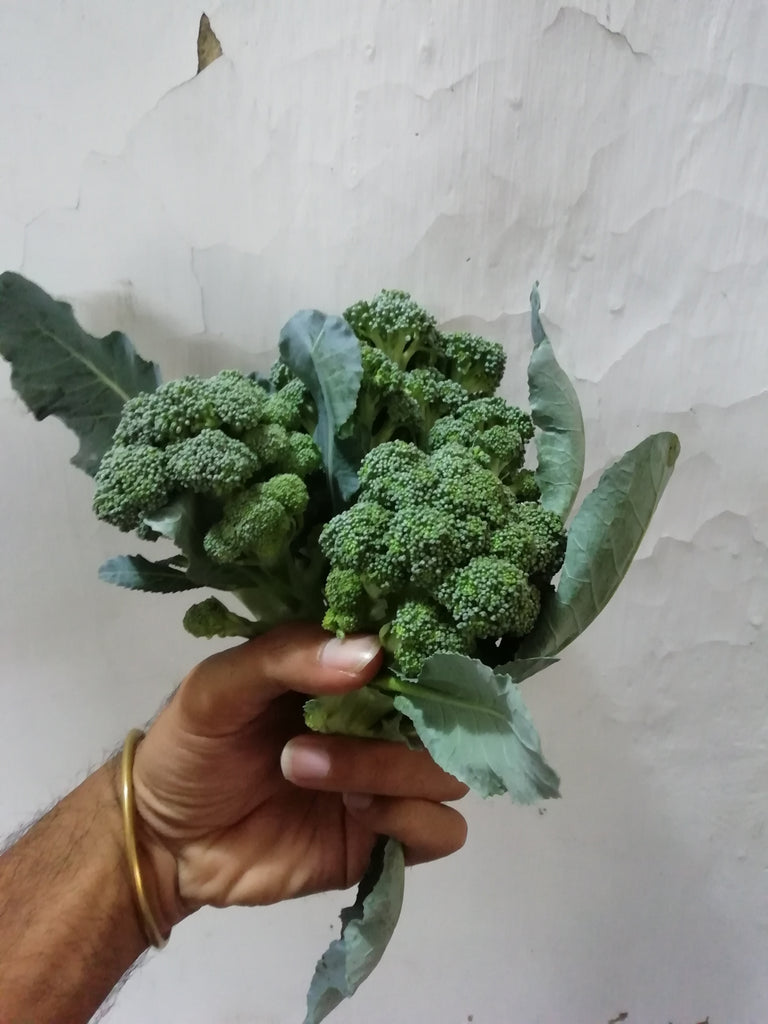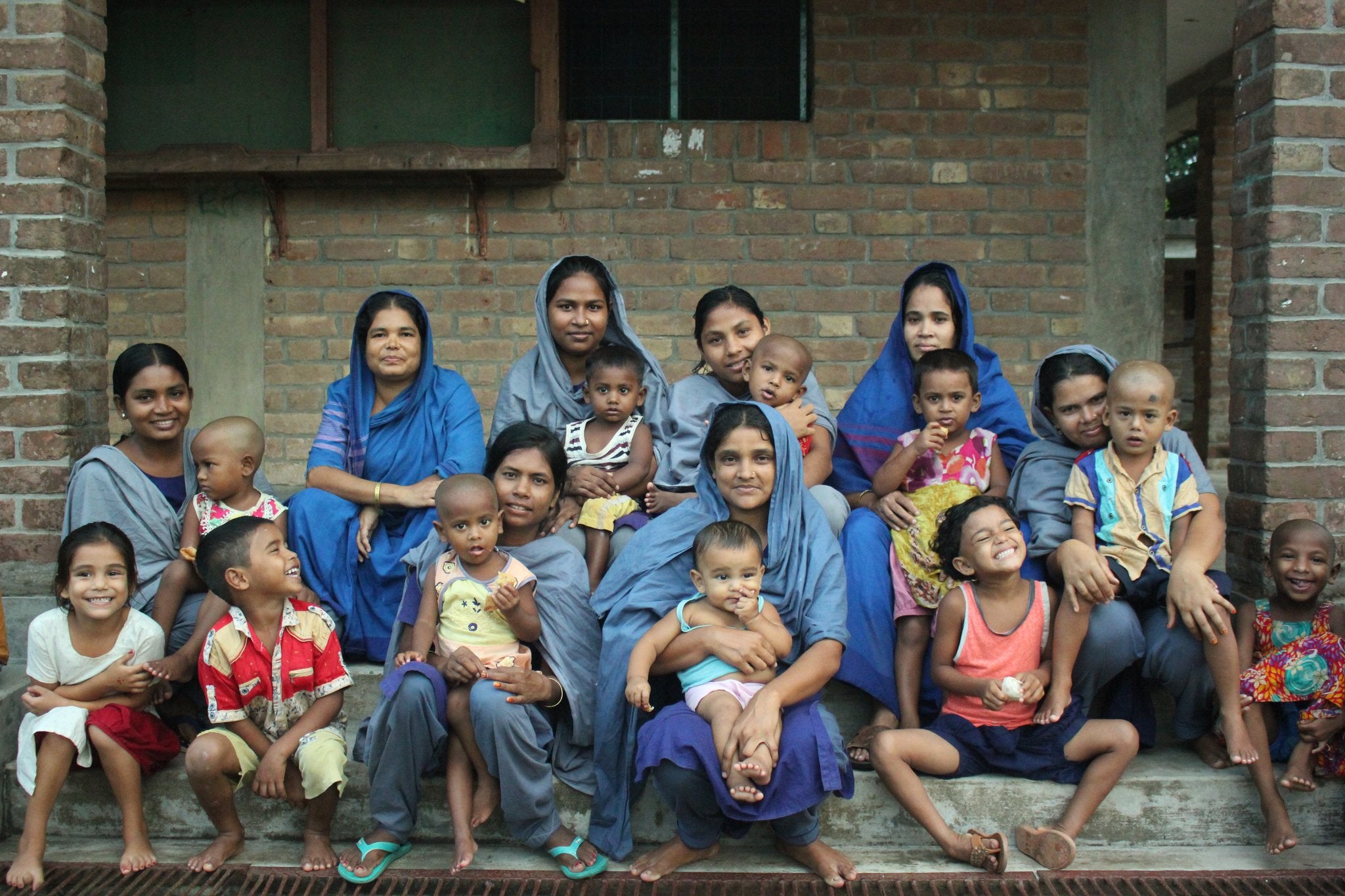

News
A Story of Success at Sreepur
Talking Science and Seeds by Lady Sue Tunnicliffe
It's British Science Week, 11th 20th March, and one of the activities that the Sreepur Village runs is the creation and nurturing of sack gardens.
This is an aspect of the Mothers Talking Everyday Science project and is a particularly important activity because when the mothers return to mainstream society they will be experienced in how to prepare a container in which to grow food plants and how to care for them.
National Gardening Week
“My name is Amina Khatun and I am living in The Sreepur village. One of the things I am learning is how to make sack gardening, which will be extremely useful to me and my family when we return to our community in the near future.”
Nutrition and Hydration Week
Living in a remote village in Bangladesh’s Sunamgaj District, Runu Bala struggled to feed her three children. Without land and living near to Tanguar Haor - a large wetland area in North-Eastern Bangladesh that gets flooded for five to six months of the year - it was hard for Runu to grow vegetables or other crops. Vegetables are an essential source of nutrition for a sound and healthy body, but in Bangladesh, two out of every three children born are underweight due to malnutrition.
In Bangladesh, many mothers, like Runu, don't have enough land to cultivate vegetables conventionally. Sack gardening does not require much space and a variety of vegetables can be grown according to need and taste. The bags are also easy to move, which is important for families living on 'char' lands (River Island) and riverbanks, who are often forced to move as their villages become flooded. The large majority of our mothers are from the Char area.
